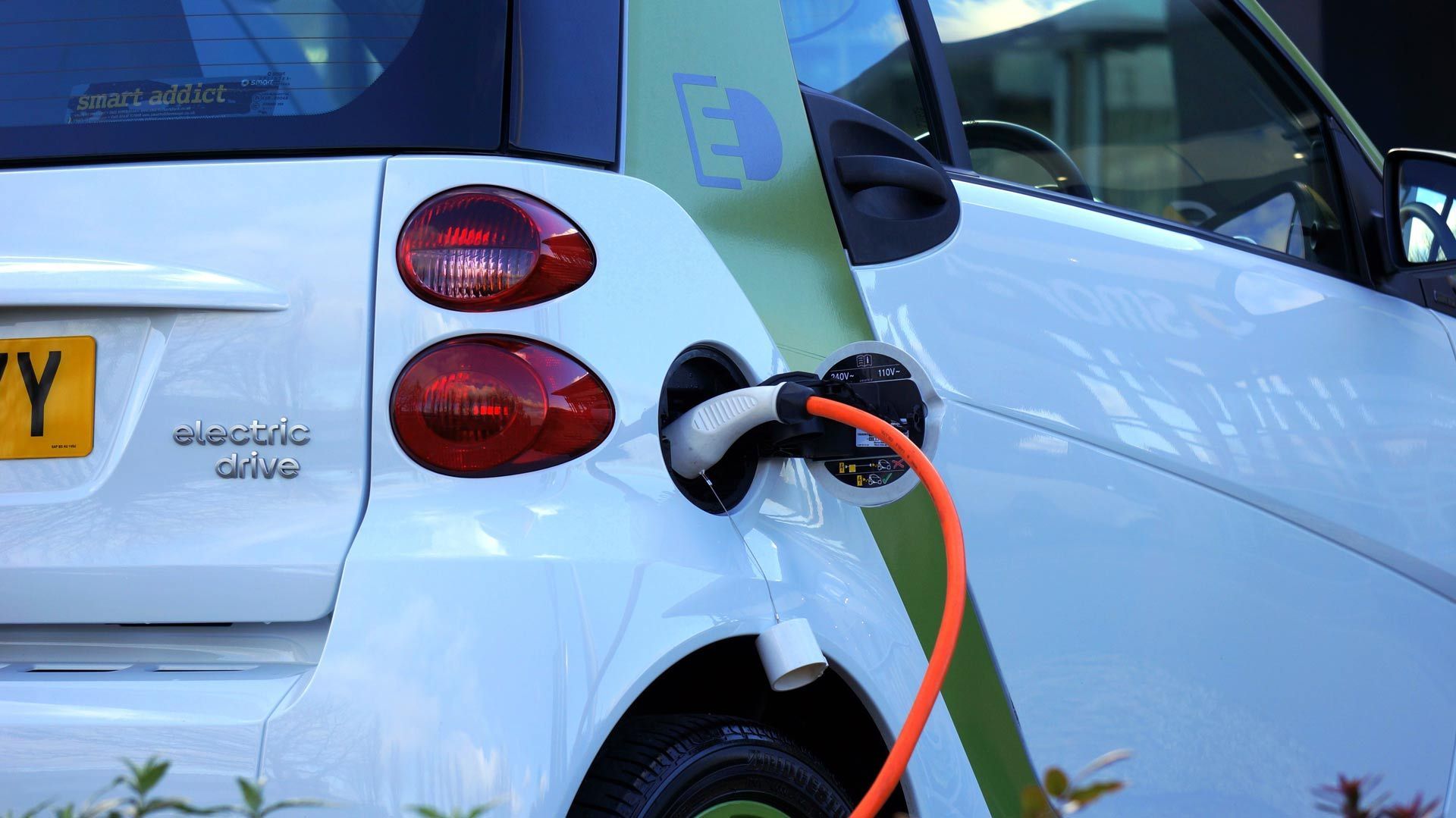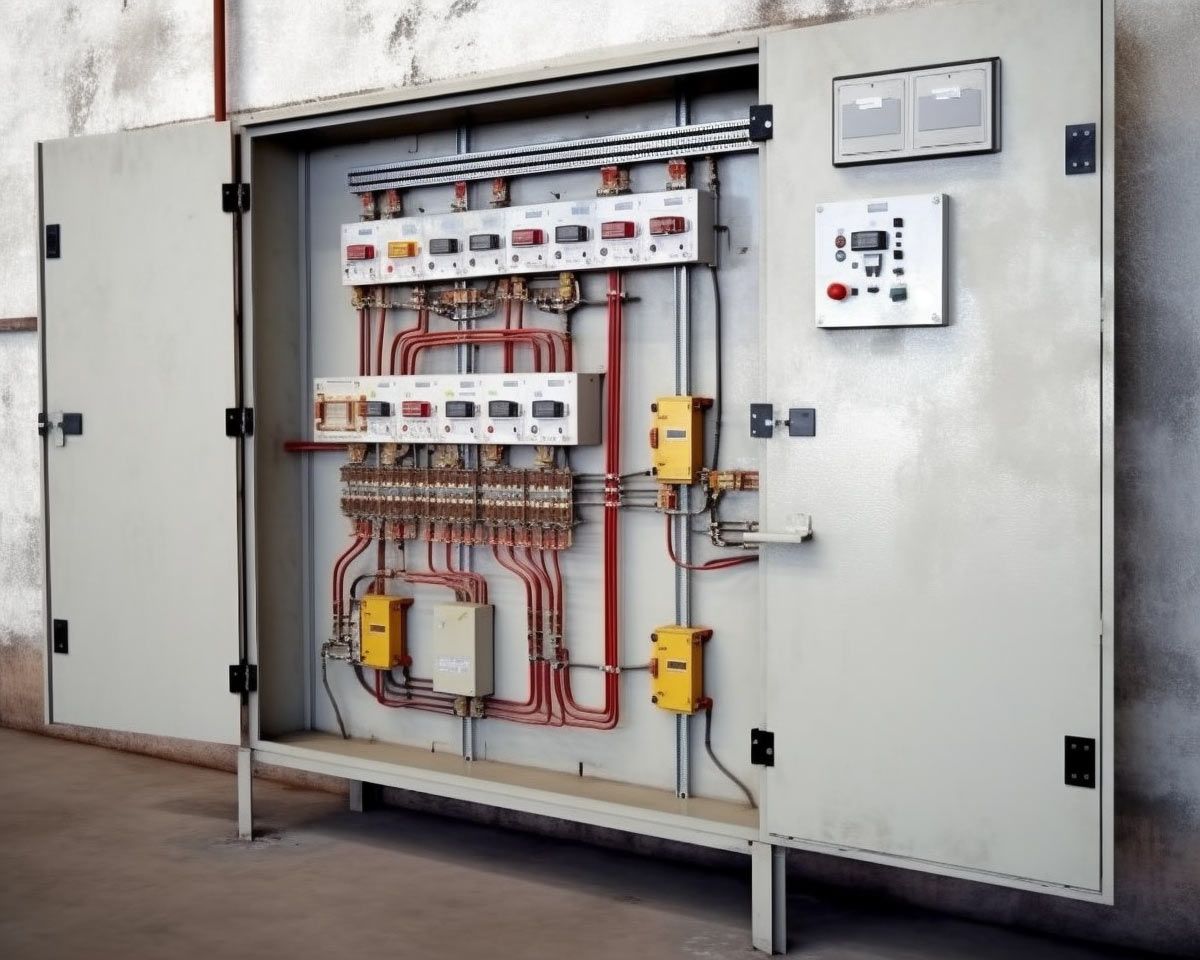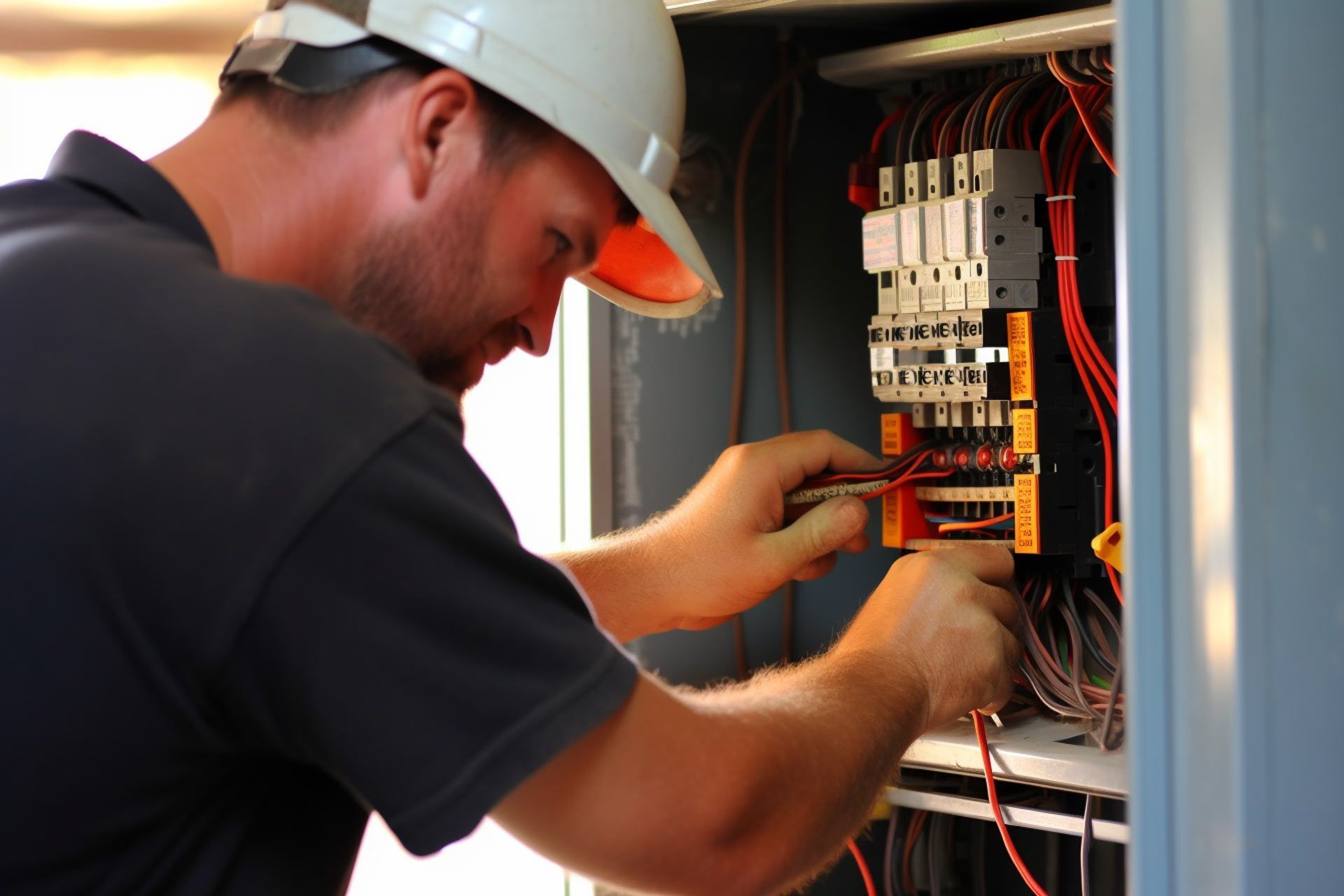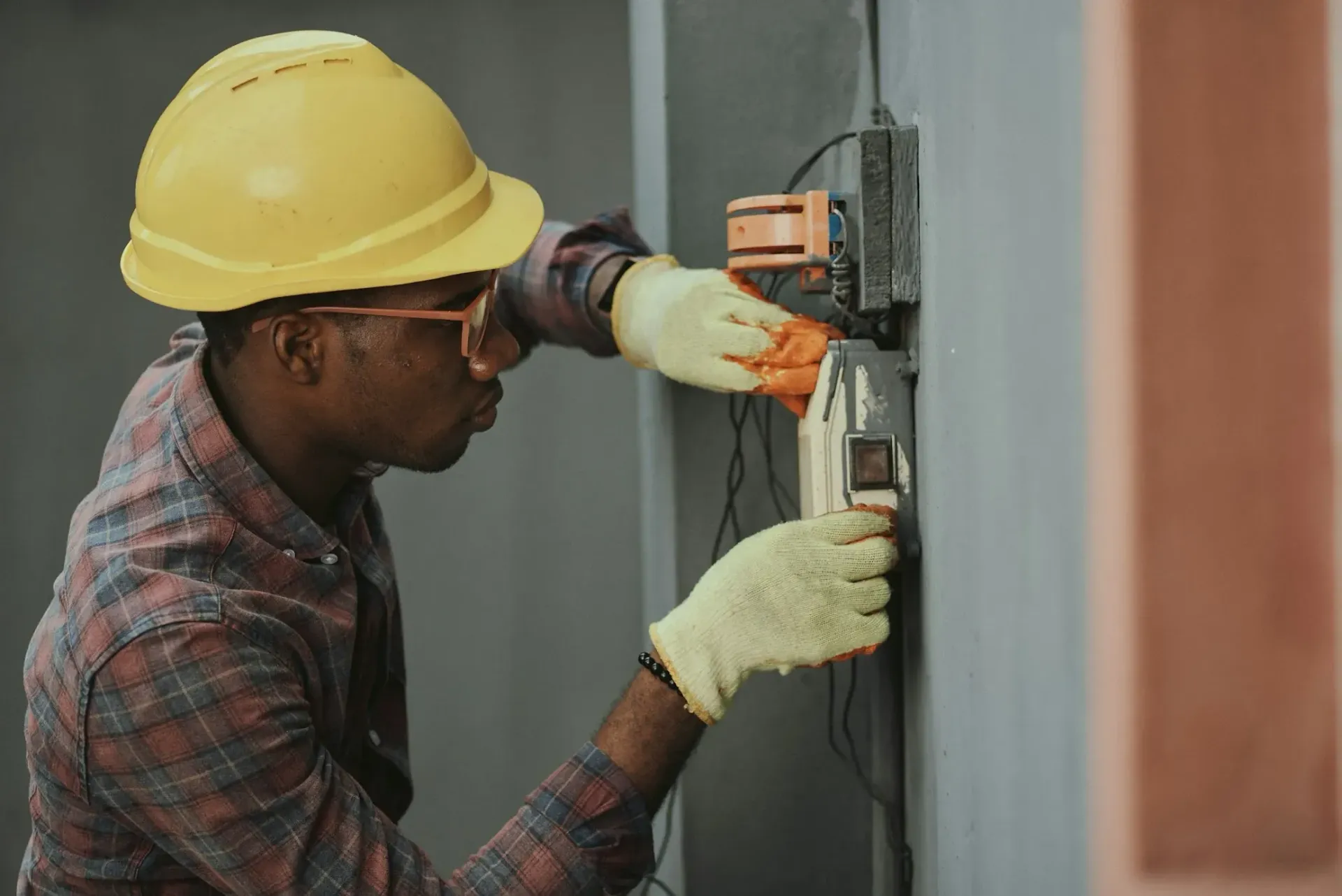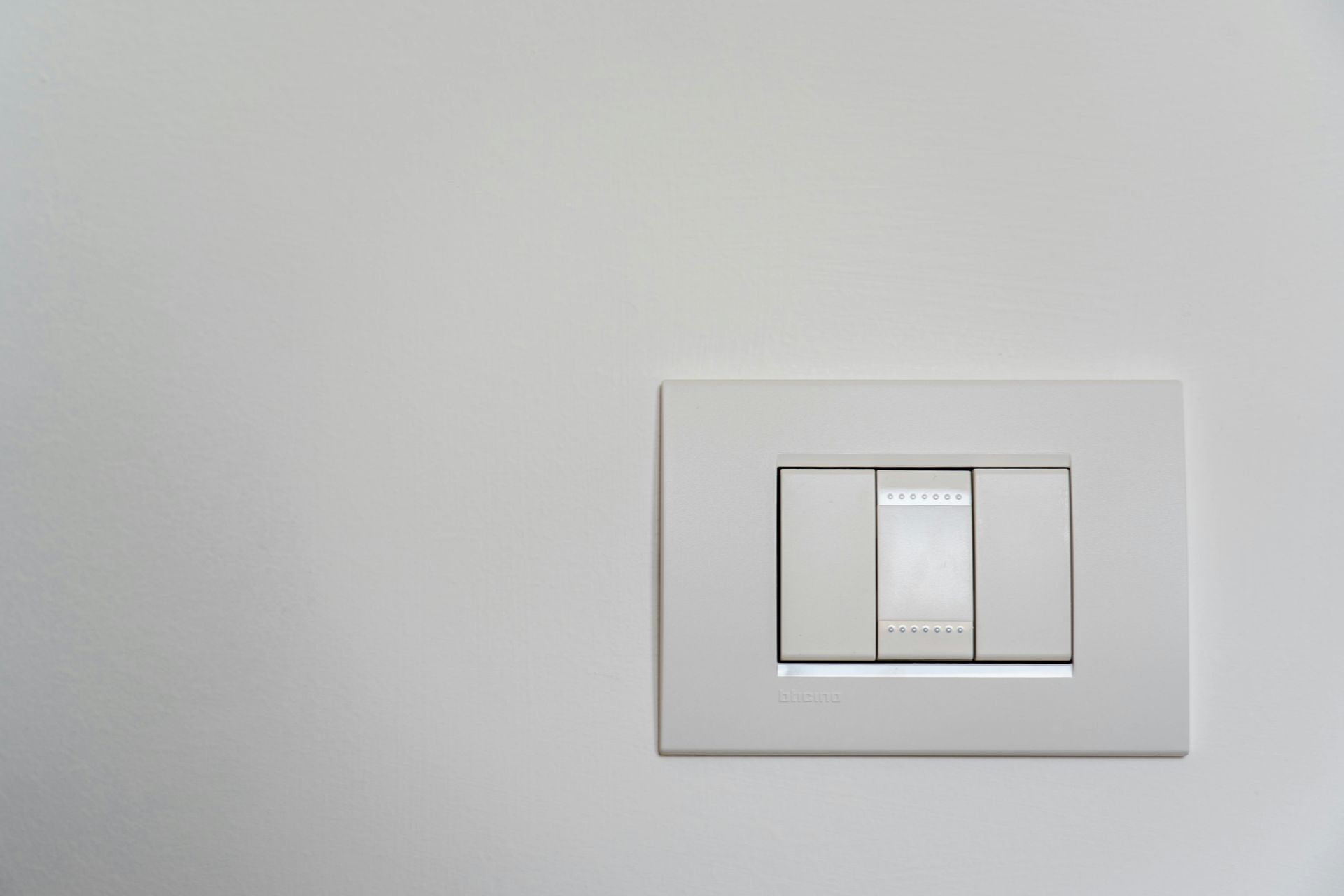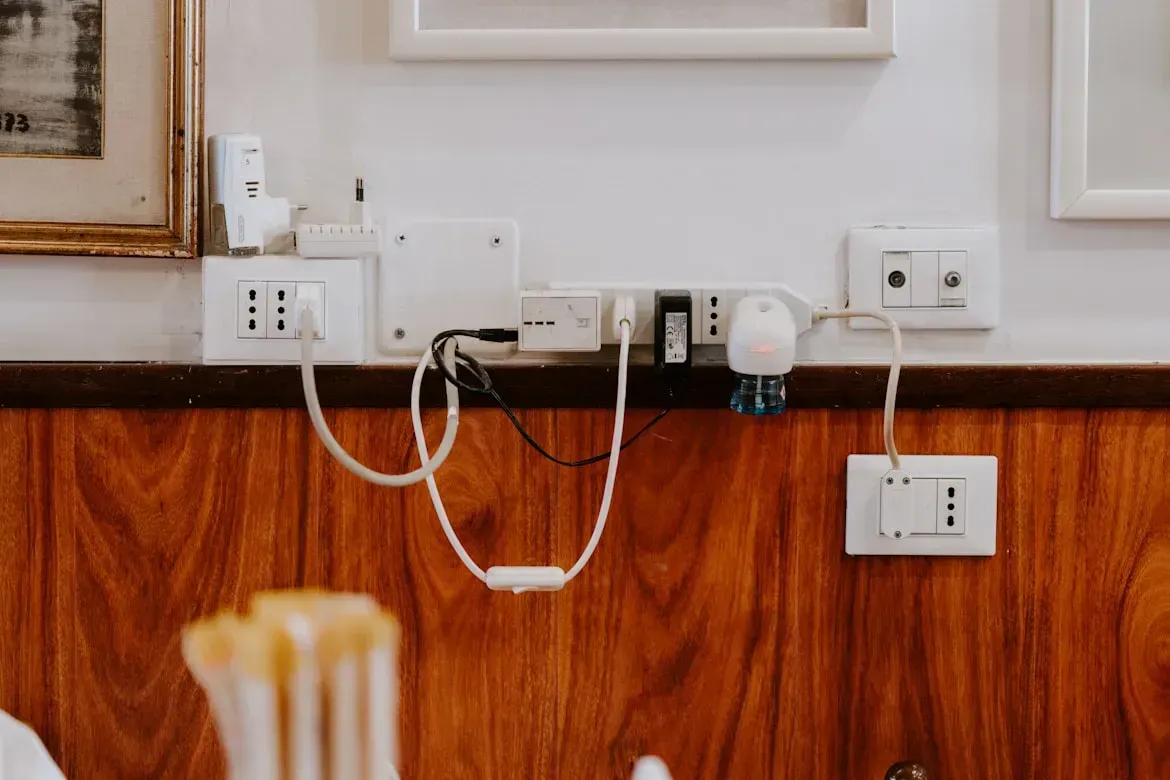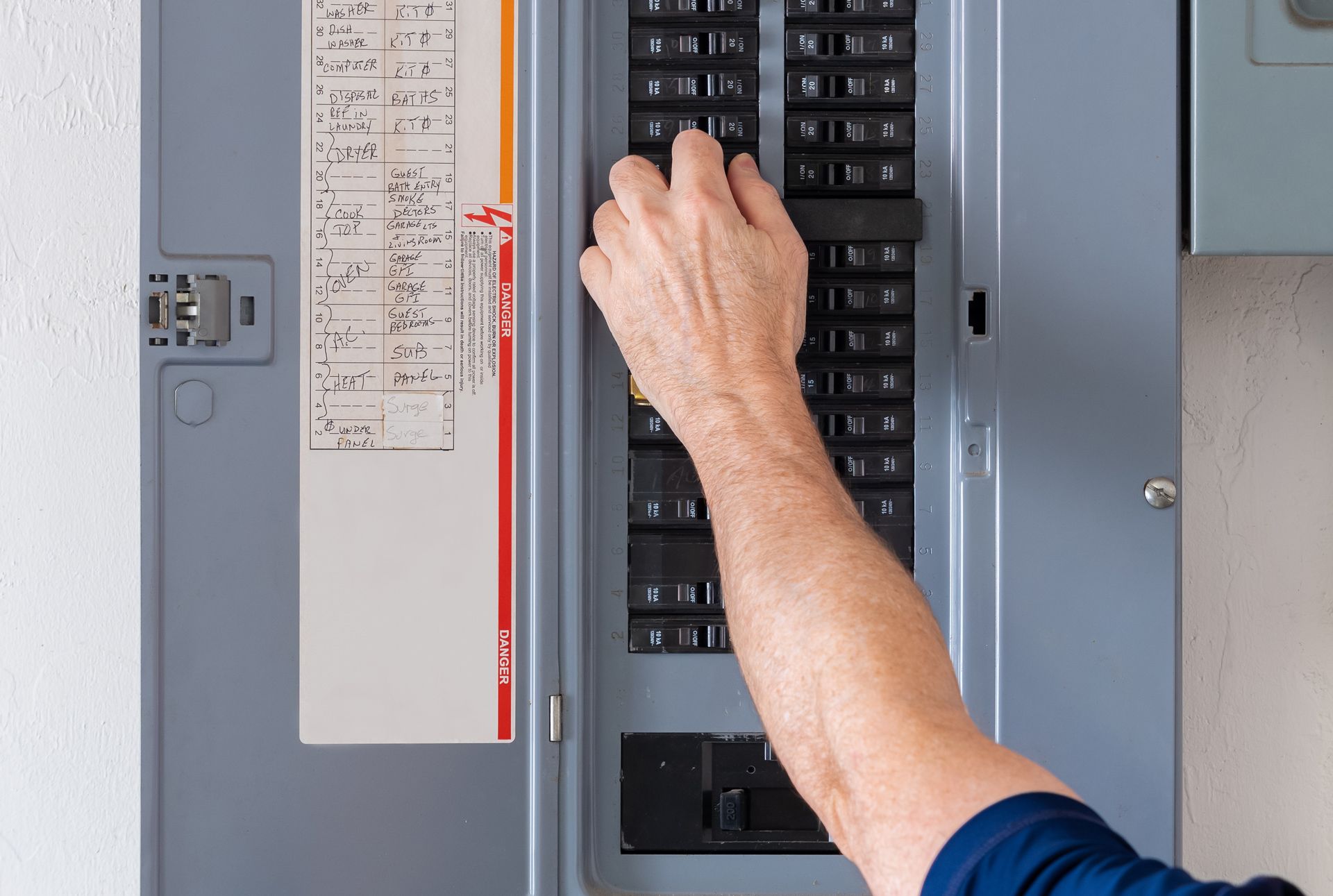Charging Basics: Understanding Times, Costs, and Impact on Electric Vehicle Range
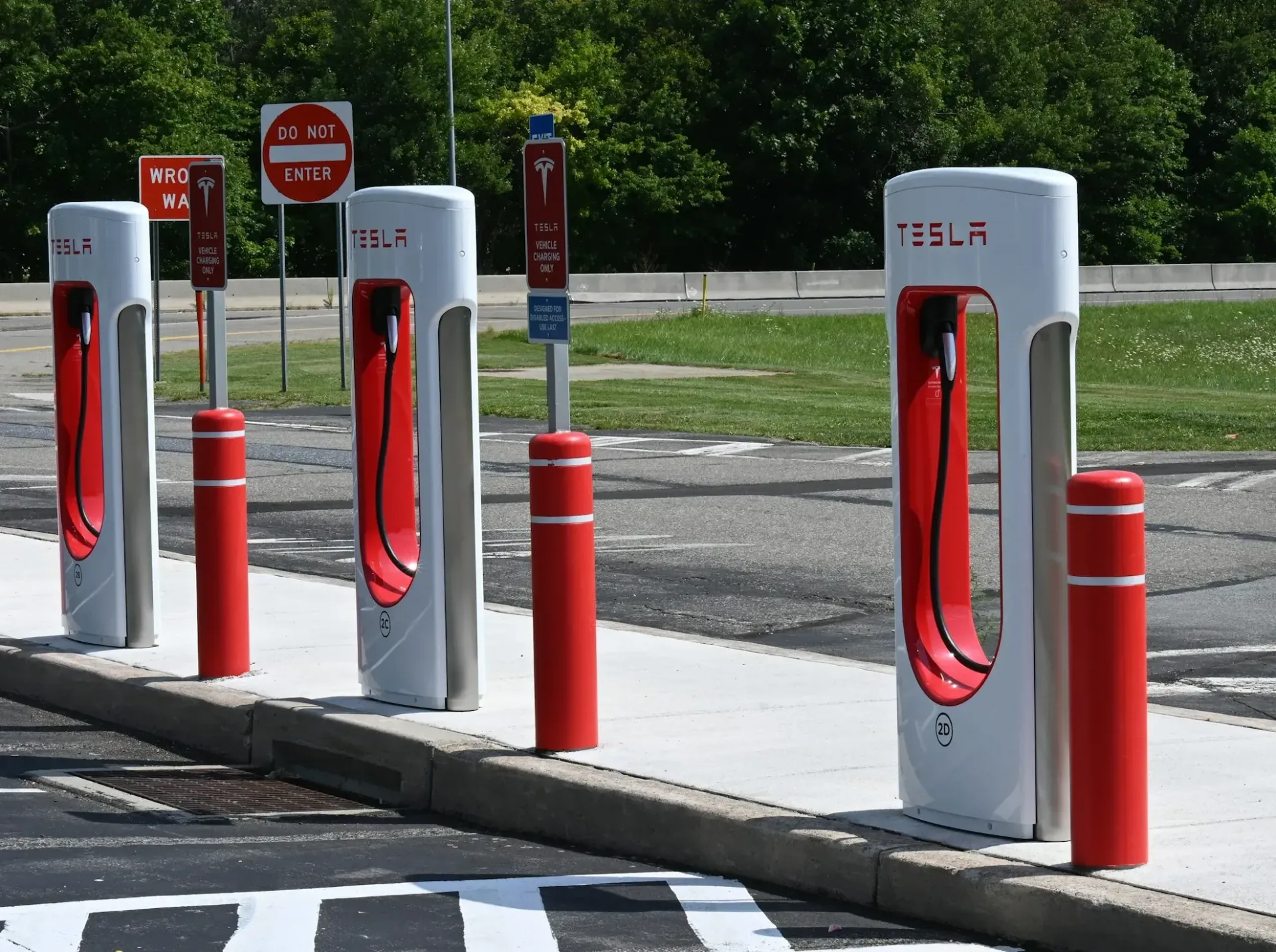
The electric vehicle (EV) revolution is here, and it's transforming how we think about transportation. With EVs becoming more mainstream, understanding the ins and outs of EV charging is more crucial than ever.
Whether you're considering making the switch to electric or you're a current EV owner looking to deepen your knowledge, this guide has got you covered.
We'll dive into the essentials of charging times, electricity costs, and how they impact your EV's range.
Our goal? To empower you with the insights you need to make informed decisions about EV charging. So, let's get charged up about the future of driving!
The Essentials of EV Charging
Types of EV Charging Stations
Diving into the world of electric vehicles (EVs), the first step is understanding the various types of charging stations. Here’s the lowdown:
- Level 1 Charging: This is your standard home outlet charging. It's the slowest method, typically adding about 2 to 5 miles of range per hour of charging. Perfect for overnight use or if you're topping off the battery at work.
- Level 2 Charging: Level up with a Level 2 charger, and you're looking at a much faster pace. These are common in residential and commercial settings, providing about 10 to 20 miles of range per hour. They require a 240V outlet, similar to what your dryer uses.
- DC Fast Charging (DCFC): For those in a hurry, DCFC is the superhero of chargers, blasting a whopping 60 to 80 miles of range into your EV in just 20 minutes. You'll find these at public charging stations, making them ideal for road trips.
To visualize, imagine plugging your smartphone into different chargers. A Level 1 is like using your old USB cable, Level 2 is akin to that fast charger you love, and DCFC? That's turbo charge mode.
Understanding Charging Rates (kW)
When we talk about charging rates, we're referring to the power output of a charging station, measured in kilowatts (kW). This is the key to unlocking faster charging times. Here’s the scoop:
- Charging Power: The rate at which an EV can charge is directly related to the charging station’s power output. Think of it as a faucet; the higher the kilowatts, the faster your EV’s “tank” fills up.
- Compatibility Matters: Not all EVs can accept the highest available charging rates due to differences in onboard chargers. For example, some vehicles max out at 6.6 kW (Level 2), while others can handle up to 150 kW or more at DC Fast Charging stations.
- Real-World Example: Imagine two EVs — EV A can charge at up to 50 kW, while EV B can handle up to 150 kW. At a DC Fast Charging station with a 150 kW output, EV B will charge significantly faster than EV A, given its higher charging capacity.
To put this into perspective, let's consider a chart comparing popular EV models and their maximum charging rates. This chart would highlight the diversity in charging capabilities, underscoring why understanding your vehicle's specs is crucial for optimizing charging times.
Charging Times Explained
Factors Affecting Charging Time
Charging time isn't just about plugging in and waiting; several factors can influence how long you'll need to charge your EV. Let's break it down:
- Battery Capacity: Similar to a fuel tank in traditional cars, the battery size in an EV determines how much electricity it can hold. Larger batteries provide more range but also take longer to charge.
- State of Charge (SoC): Charging from 0% to 100% takes longer than charging from 20% to 80%. Batteries charge more efficiently when they're not too empty or too full.
- Charging Rate of the EV and Station: As discussed, the maximum charging rate of both the EV and the station plays a pivotal role. If either is lower, it limits the charging speed.
- Environmental Conditions: Extreme temperatures can affect charging times. Batteries charge slower in very cold or very hot conditions to protect the battery’s health.
Real-world Charging Time Examples
To give you a clearer picture, let’s consider a few scenarios:
- EV A with a 60 kWh battery using a Level 2 charger (7 kW): Roughly, it would take about 8-9 hours to charge from 0 to 100%. This setup is ideal for overnight charging at home.
- EV B with a 90 kWh battery at a 50 kW DC Fast Charger: Here, charging from 20% to 80% might take around an hour, making it a good option for quick top-ups during longer trips.
These examples highlight how different combinations of EV battery sizes and charging station outputs can impact overall charging times. Remember, the goal is to find the right balance between your daily driving needs and the most convenient charging options available to you.
Impact on Range
Understanding how charging affects your EV's range is crucial for efficient driving and planning. Let's delve into the nuances of maximizing your EV's range through smart charging practices.
How Charging Affects EV Range
The range of an EV — how far it can travel on a single charge — is influenced by several factors, including charging habits. Here are the key points:
- Optimal Charging Levels: Consistently charging your battery to 100% can actually reduce its lifespan and, over time, its range. Many manufacturers recommend charging to 80% for daily use, reserving 100% only for long trips.
- Regenerative Braking: Many EVs feature regenerative braking systems that convert some of the energy lost during braking back into electrical energy, slightly increasing your range. Efficient driving habits can enhance this effect.
- Temperature Impact: Extreme temperatures can temporarily reduce your battery's effective range. In cold weather, pre-conditioning your EV while it's still plugged in can help conserve battery power for actual driving.
Tips for Efficient Charging
To get the most out of each charge, consider these strategies:
- Use Smart Charging Features: Many EVs and charging stations offer smart charging options that allow you to charge when electricity rates are lower or when the grid is less burdened, often during overnight hours.
- Plan Your Charging Stops: For longer trips, planning your charging stops around your vehicle's optimal charging range (e.g., charging from 20% to 80%) can reduce total charging time and help maintain battery health.
- Monitor Your Driving Habits: Smooth acceleration and using eco-driving modes can extend your range. Also, minimizing the use of high-consumption accessories like heating and air conditioning when not necessary can preserve battery life.
Electricity Costs & Savings
Navigating the costs associated with charging your EV is essential for maximizing savings over traditional gasoline vehicles. Let's break down how to calculate and optimize your EV charging expenses.
Calculating the Cost of Charging an EV
Understanding the cost to charge your EV involves a few key factors:
- Know Your Vehicle's Efficiency: EVs are rated by how many kilowatt-hours (kWh) they consume per 100 miles. This figure is crucial for calculating charging costs.
- Electricity Rates: Your cost per kWh will vary depending on your location and utility provider. Some areas offer reduced rates for off-peak hours, significantly lowering charging costs.
- Doing the Math: To calculate the cost to fully charge your EV, multiply your vehicle's battery capacity by your electricity rate. For example, if your EV has a 60 kWh battery and your electricity rate is $0.13 per kWh, a full charge would cost 60 x $0.13 = $7.80.
Comparing EV Charging Costs to Gasoline Costs
To illustrate the savings EVs offer, consider the average cost to drive 100 miles:
- Electricity for EVs: If your EV consumes 30 kWh per 100 miles and your electricity rate is $0.13 per kWh, it'll cost $3.90 to drive 100 miles.
- Gasoline for Traditional Cars: With gasoline prices averaging $3 per gallon and a vehicle averaging 25 miles per gallon, the cost to drive the same distance is $12.
These comparisons showcase the potential savings EV owners can enjoy, particularly as electricity rates can be more stable than fluctuating gasoline prices. Additionally, utilizing renewable energy sources for charging can further reduce costs and environmental impact.
Navigating Charging Rates
Smart charging strategies can lead to significant savings on your electricity bill. Understanding how to navigate electricity rates and optimize your charging schedule is key. Let’s explore how.
Understanding Your Home Electricity Bill
First, get familiar with the details of your electricity bill:
- Peak and Off-Peak Rates: Many utility companies offer lower rates during off-peak hours, usually late at night to early morning. Charging your EV during these times can cut costs substantially.
- Demand Charges: Some bills include demand charges based on the highest rate of electricity usage in a billing period. Spreading out your home's electricity use can help manage these costs.
Off-Peak Charging and Time-of-Use Rates
Leveraging off-peak hours for charging your EV not only reduces your expenses but also helps balance the load on the electrical grid. Here’s how to make the most of it:
- Time-of-Use (TOU) Plans: If available, consider switching to a TOU plan. These plans charge less for electricity used during off-peak hours, perfect for overnight EV charging.
- Smart Chargers: Invest in a smart charger that can be programmed to start charging automatically during the cheapest electricity hours. This way, you can plug in your EV when you get home and let the charger do the rest.
- Monitoring Apps: Many EVs and smart chargers come with apps that allow you to monitor and control your charging remotely. Use these tools to adjust your charging schedule based on rate changes or to take advantage of renewable energy when it's most abundant on the grid.
Conclusion
Embracing the world of electric vehicles comes with a learning curve, especially when it comes to charging. From understanding different types of charging stations to optimizing your charging strategy based on electricity rates, there’s a lot to consider. However, the benefits — including cost savings, reduced environmental impact, and a cutting-edge driving experience — make the journey worthwhile.
Call-to-Action
Are you ready to make the most of your EV charging and embrace a more sustainable driving future?
Look no further than Bar H Bar Electric. With a comprehensive suite of services designed to address every aspect of your electrical system, they stand out as a beacon of excellence in the electrical service industry. Here’s why Bar H Bar Electric should be your go-to for all things electrical:
Comprehensive Electrical Services
Electrical Service & Repair: Whether you’re facing a minor issue or need comprehensive repairs, Bar H Bar Electric's team of experts ensures your electrical systems are functioning efficiently and safely.
Electric Car Chargers: Embrace the future with professional installation of electric car chargers, catering to all makes and models, enhancing the convenience of owning an EV.
Electrical Panels: Upgrade or repair your electrical panel to ensure it can handle your current and future electrical needs, improving safety and functionality.
Interior Lighting: Transform your space with custom interior lighting solutions that enhance aesthetics while optimizing energy efficiency.
Outlets and Switches: From modern upgrades to functional repairs, ensure your outlets and switches are safe, reliable, and conveniently placed.
Spa Hookups: Safely power your spa or hot tub with professional hookups, ensuring you can relax without a worry about electrical safety.
Wiring & Rewiring: Whether you’re renovating or building from scratch, count on Bar H Bar Electric for all your wiring needs, ensuring top-notch safety and efficiency standards.
Why Choose Bar H Bar Electric?
Expertise and Experience: With a team of skilled electricians, Bar H Bar Electric brings years of experience to every project, big or small.
Quality and Reliability: They prioritize high-quality workmanship and reliable service, ensuring customer satisfaction with every job.
Safety First: Understanding the importance of electrical safety, they adhere to strict safety standards to protect your home and family.
Customer-Centric Approach: Bar H Bar Electric values its customers, offering personalized solutions to meet individual needs and preferences.
Serving a Wide Area
Bar H Bar Electric proudly serves a broad area, including Lehi, American Fork, Pleasant Grove, Sandy, Draper, St George, Hurricane, Cedar City, and Washington. Their commitment to reaching a wide audience means more residents have access to quality electrical services, delivered with professionalism and expertise.
For those in their service areas seeking dependable electrical services, Bar H Bar Electric is a name you can trust.
